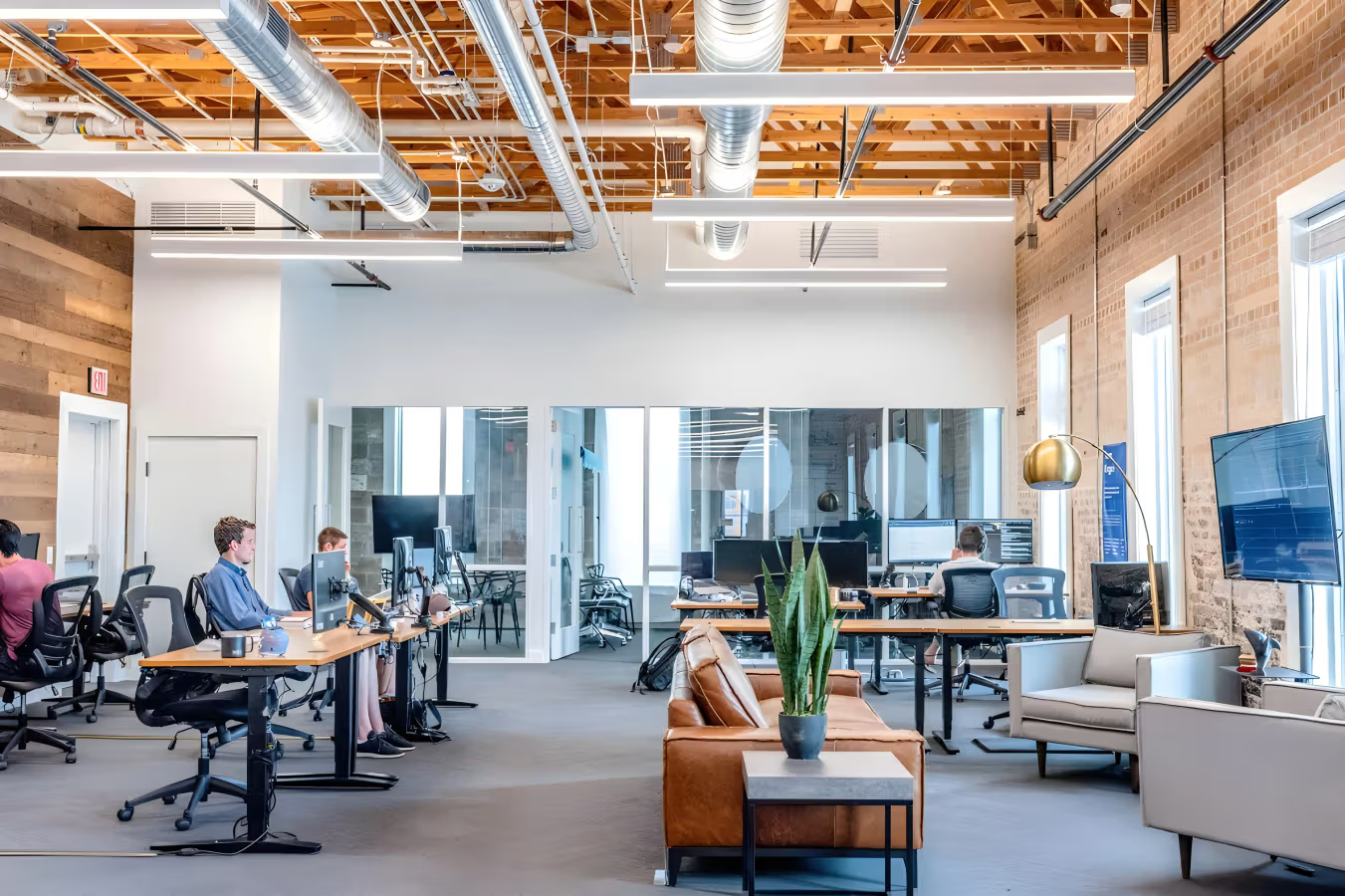
A Detailed Insight on the Impact of Automation on the Coworking Industry
Last Update: 12 March, 2025•Read: 7 minutes
Automation and artificial intelligence (AI) are reshaping industries worldwide, and the coworking industry is no exception. As technology advances, coworking spaces are evolving to meet the changing needs of businesses, freelancers, and remote workers.
But what exactly does automation mean for these shared workspaces? Will it enhance flexibility and efficiency, or will it disrupt the sense of community that coworking spaces are known for?
This blog explores the impact of automation on the coworking industry, highlighting how AI-driven solutions improve workspace management, enhance user experiences, and shape the future of flexible work environments.
With coworking spaces becoming more tech-enabled, understanding these shifts is necessary for space operators and members alike. So, without further ado, let’s get into it!
But what exactly does automation mean for these shared workspaces? Will it enhance flexibility and efficiency, or will it disrupt the sense of community that coworking spaces are known for?
This blog explores the impact of automation on the coworking industry, highlighting how AI-driven solutions improve workspace management, enhance user experiences, and shape the future of flexible work environments.
With coworking spaces becoming more tech-enabled, understanding these shifts is necessary for space operators and members alike. So, without further ado, let’s get into it!
We are the US's No. 1 marketplace for serviced, coworking, and shared office space.
Get personalized recommendations, arrange tours, and secure the best deals — all at no cost.